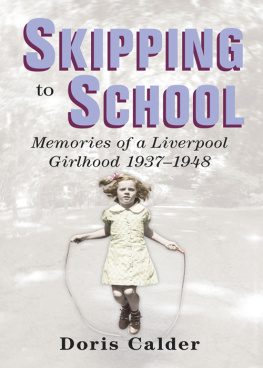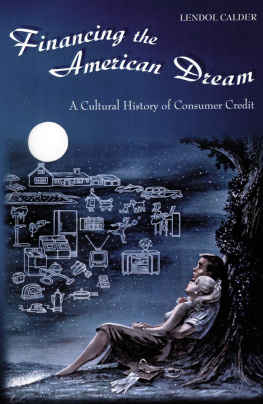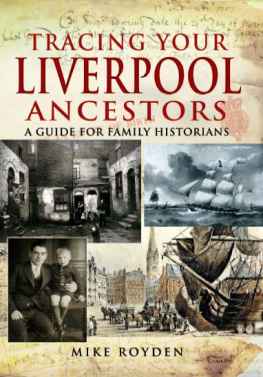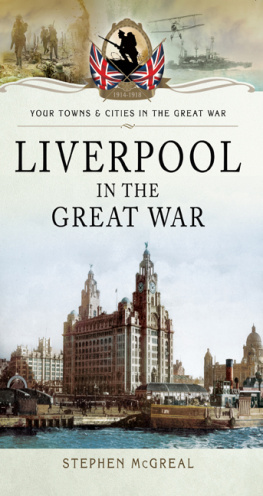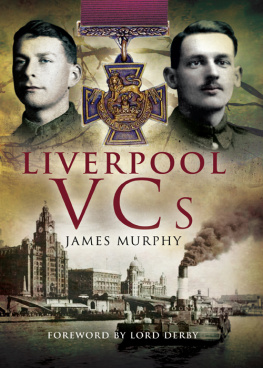To my father George, my mother Alice, and my sister Joyce.
Thanks for the memories.
CONTENTS
Thanks to my son Martin, for his patience and encouragement. Having heard the stories often enough, he told me to write them down.
Chapter One
The summers of the 1930s were quite exceptional. This is not the misty-eyed imaginings of an adult looking back on a well-remembered childhood, but a matter of recorded meteorological fact. The days were hot and sunny, and the nights were warm and still. People kept their doors open long after dark, to let a breeze waft through their houses, keeping them cool throughout the evening. Neighbours chatted over garden fences and walls, couples strolled by, some coming home from a drink at their local, some returning from a visit to friends, others just enjoying an evening walk.
The summers of my childhood were happy times. A carefree season, it was a pause before September brought changes. As summer drew to a close and the season turned, new things happened to me. September of 1937 brought the biggest change in my life so far I started school. Id had my fifth birthday in February of that year, and since then I had been waiting to join my older sister at Arnot Street Infants & Juniors School. She was two years older than me and two years ahead at school. The year that I started in the infants she moved up to the juniors, and so I hardly saw her at school after all.
It had been a long wait for me to start school. In the months following my fifth birthday, I watched from our front window as children passed by on their way to school. Arnot Street was only a few minutes walk away, so I saw the schoolchildren in the morning, at lunchtime and going home in the afternoon. I heard them laughing and talking and I sensed their excitement. I couldnt wait to join them.
Most of the older children walked to school on their own, but the younger children were taken by their mothers. The mothers were happy to walk their children to school in the morning and collect them in the afternoon; it was a chance for them to meet up with other women, have a chat and exchange any news and gossip. In those days, married women with school-age children very rarely went out to work and so could easily fit the school walk around domestic tasks.
Girls and boys did very different things on their way to school. Some of the girls skipped happily, some played avoiding-the-lines-between-the-paving-stones, some just walked, talking and giggling with their friends, while others chased a wooden hoop with a stick. The boys shouted a lot as they played tick, raced each other or ran about, kicking a ball. When September came and I finally started school, it was my turn to skip along and play avoiding-the-lines-between-the-paving-stones. To step on a line meant we could bring a terrible disaster down on our family. Sometimes we would step on a line for a dare, and then flew home to make sure everything was all right.
The first Christmas after starting school, at the top of my list of presents was a new skipping rope. I wanted one of the luxury versions the Rolls-Royce of skipping ropes with handles made of light-coloured varnished wood and a top which unscrewed so that the length of the rope could be adjusted. The best feature was the two steel rings holding ball bearings set into the top of the handles, allowing the rope to swivel round smoothly as I skipped. With my deluxe skipping rope, I could now skip to school along with the other children. The more you skipped, the more complicated skipping became. Experienced skippers could perform difficult manoeuvres, such as crossed-hands and whizzing-the-rope-round-at-double-speed (turning it twice for one jump), but only the ball-bearing ropes could be used to do cross-overs.
Chapter Two
Each day, the school bell rang at ten to nine and twenty past one, giving the signal that the morning or afternoon sessions were about to start and we should all be in school. The bell was housed in an open tower at one end of the building and when the caretaker pulled the rope, it could be heard from a long way off. Once the bell started to ring, the pace of the children suddenly quickened, as they realised time was running out. Skipping ropes were wound up, balls picked up, and any stragglers started to run. No one wanted to miss the line-up in the schoolyard or to be marked late. I was never marked late; I was so keen to get to school and was truly happy when I was there.
The children in each year were split into four classes of about thirty pupils. Each class had a team leader, and each wore a sash in one of the primary colours red, yellow, green or blue so we could see who they were. When the handbell was rung, we lined up in the schoolyard behind our own team leader; smallest at the front, tallest at the back. We stayed in our colour teams for games, spelling bees and arithmetic tests. Points were awarded to each team for various achievements. We took great pride in our team and tried our very best to make sure we won one of the awards, either a cup or a shield, which were presented at the end of each school year.
When wed all managed to line up in silence, without too much pushing and shoving, the whistle blew and we marched into the cloakroom, still in silence, then we hung our outdoor clothes on our own numbered pegs, which we had been given at the start of the year and that were ours for the rest of the year.
In the classroom we stood by our places in silence until our teacher, Miss Smith, gave us permission to sit. The desks were in pairs, each consisting of a wrought-iron frame, holding two wooden desks with lids and a tip-up bench. Each desk had a china inkwell set into the corner and a long narrow groove for pens, pencils, rulers and rubbers. Miss Smith was a sprightly mature lady, with grey, neatly permed hair, prominent teeth and sharp, bright eyes behind sparkling glasses. Her eyes never missed anything, good or bad. All of the teachers in our infants and juniors school were female and unmarried. Miss Smith took our class for every lesson, except games and art.
At the beginning of every morning and afternoon, the register was duly taken, and woe betide anyone who failed to answer to their name with the correct reply:
Doris Hinchliffe?
Present, Miss Smith.
Before lessons started in the morning, we had to spend time learning our multiplication tables, and then recite them all together as a class. Every afternoon began with a spelling bee. We were given a slip of lined paper and we wrote down the words that Miss Smith read out. When wed finished, we swapped it with our neighbour to mark, in order to prevent cheating. We also had sessions when Miss Smith would shoot out random questions to us, on either mental arithmetic or general knowledge.
Good work in general, good behaviour in lessons and punctuality were all rewarded with gold or silver stick-on stars, which were stuck in our exercise books.

Arnot Street School was housed in a typical Victorian building, with shiny red facing bricks at the front, grey common bricks at the back, and brown stone mullions around the windows and doors. The date 1884 was carved on a stone plaque set into the front wall. In the archways over the main doors, clearly carved into the stone, were the words Infants and Juniors.
Inside the school, the classrooms were linked by a series of heavy, dark brown sliding wooden screens. Glass panels were set into the screens just above our head height, so that the teachers could see between the classrooms but the children could not. The school caretaker took tremendous pride in his school, and kept the wooden screens highly polished and shiny. The room always smelt of wood, polish and warm bodies.
Next page
